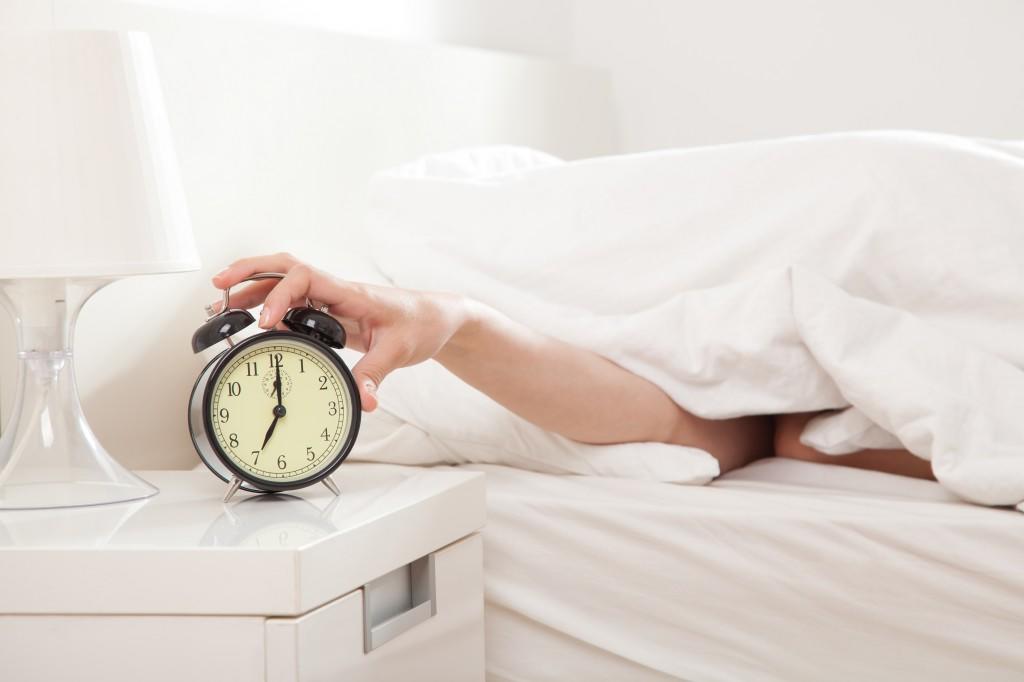The Need for Sleep: Are you Catching Enough Z’s?
by Katherine Mayer
 Make sleep a priority in 2017! Join Mark Mosley, Respiratory Therapist, Sleep Technologist and Clinical Sleep Educator, on Wednesday, January 25 from 7-8 pm to learn about the need for sleep, issues affecting sleep, and tips and treatments to sleep better. The session is free, open to the public and will be held in Auditorium A at Thunder Bay Regional Health Sciences Centre. To reserve your spot, call 684-7237.
Make sleep a priority in 2017! Join Mark Mosley, Respiratory Therapist, Sleep Technologist and Clinical Sleep Educator, on Wednesday, January 25 from 7-8 pm to learn about the need for sleep, issues affecting sleep, and tips and treatments to sleep better. The session is free, open to the public and will be held in Auditorium A at Thunder Bay Regional Health Sciences Centre. To reserve your spot, call 684-7237.New Year’s resolutions often focus on exercising regularly, healthy eating, and managing stress levels, but what about a goal dedicated to sleep? Considering that 1 in 3 adults struggles with getting enough sleep, it is time to make sleep a priority!
Sleep is essential for proper functioning of the body, which means lack of sleep could be damaging to overall health and quality of life. Mark Mosley, Registered Respiratory Therapist, Sleep Technologist and Clinical Sleep Educator says, “Chronic sleep deprivation can make it difficult to fall asleep or stay awake, create morning headaches, have a harmful impact on the immune system, and negatively affect concentration, focus and patience.” Decreasing screen time, alcohol, and caffeine before bed are simple suggestions to help you get a good night’s sleep, however some people may have a deeper root cause of their daytime fatigue.
Sleep apnea is a disorder in which you have one or more pauses in breathing or shallow breaths while you sleep. The condition makes quality of sleep poor, but can also lead to more serious health issues. “Sleep apnea affects 1 in 5 adults and can increase the risk of high blood pressure, stroke and sudden cardiac death. This sleep disorder also has a causal link to diabetes, as 60% of Type 2 diabetics have sleep apnea,” says Mosley.
Although sleep apnea is a hereditary condition, Mosley warns of the symptoms you should be aware of. “Waking up choking, being told you stop breathing while sleeping, and falling asleep at inappropriate times are symptoms linked to sleep apnea. Snoring can be a sign, however not all people who snore have sleep apnea,” he explains. Mosley also says that being overweight is a significant risk factor for sleep apnea. According to the Mayo Clinic, individuals who are obese have four times the risk of developing sleep apnea, compared to those at a normal weight.
Another concern lies in those with a long history of shift work, particularly during the night. “Shift work has been long recognized as having an impact on sleep patterns, causing workers to be more prone to have difficulty maintaining a regular sleep pattern,” says Mosley.
The average adult is recommended to sleep 7 to 9 hours every night, yet many people do not achieve this. Try setting sleep goals to promote good sleep habits, such as establishing a regular bedtime routine, creating a pleasant sleep environment, limiting day time naps, and exercising to promote good quality sleep. If you are getting less than 4 to 5 hours of sleep per night and experience any of the symptoms listed above, speak to your health care provider.
To learn more about the need for sleep, sleep disorders and treatment, join Mosley on Wednesday, January 25, 2017 at the Thunder Bay Regional Health Sciences Centre’s January Healthy Get-Together, located in Auditorium A at the Hospital. The session is from 7-8 pm, open to the public and free of charge. Parking passes will be available. Call 684-7237 to reserve your spot. For more information on sleep hygiene and chronic conditions, visit www.sleepfoundation.org.